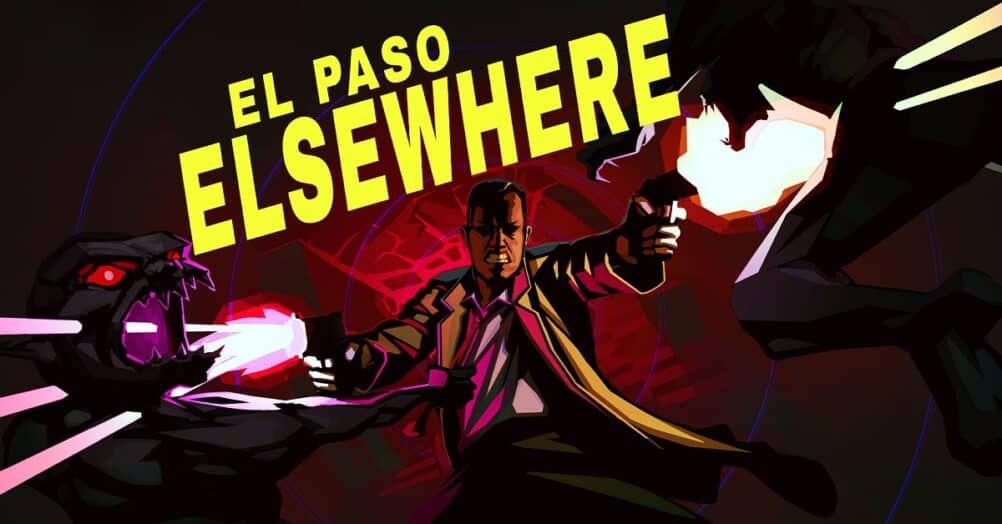Last Updated on August 2, 2021

2012's LOCKOUT starring Guy Pearce has been described by more than a few as an ESCAPE FROM NEW YORK ripoff, and apparently director John Carpenter didn't take too kindly to how much the filmmakers "borrowed" from his movie for their sci-fi actioner. Carpenter has won a plagiarism suit against production company EuropaCorp and screenwriters Luc Besson, Stephen St. Leger and James Mather, with a French court ruling that they are guilty of lifting plot elements from the 1981 dystopian film.
EuropaCorp has been ordered to pay 50,000 Euros to the rights owner of the movie, 20,000 to Carpenter and 10,000 to Nick Castle, Carpenter's ESCAPE FROM NEW YORK co-writer.
Excerpt of the ruling from Observatoire européen de l'audiovisuel:
In reaching its decision, the court recalled that although ideas are free to be used and there could be no protection merely for the theme of a film, it was nevertheless possible to consider whether the form of the film was not a characteristic feature, and whether its reproduction was such as to constitute infringement of copyright; this was determined by considering similarities rather than differences. The court therefore embarked on a detailed comparison of the plot and development of the films, their characters, and the sequences filmed, in order to determine the similarities between the works and deteremine whether these were sufficiently significant to be characteristic of infringement of copyright.
A number of elements present in both [Escape from New York] and ‘Lock-Out’ could in fact be considered as stock elements in the cinema. Other elements differed, such as the pace of the film and the special effects, but this could be because of the amount of time that had passed between the releases of the two films – 1981 and 2012 – and by the evolution in both techniques and mentalities in the intervening period. The court nevertheless noted many similarities between the two science-fiction films: both presented an athletic, rebellious and cynical hero, sentenced to a period of isolated incarceration – despite his heroic past – who is given the offer of setting out to free the President of the United States or his daughter held hostage in exchange for his freedom; he manages, undetected, to get inside the place where the hostage is being held, after a flight in a glider/space shuttle, and finds there a former associate who dies; he pulls off the mission in extremis, and at the end of the film keeps the secret documents recovered in the course of the mission.
The court held that the combination of these elements, which gave the film [Escape from New York] its particular appearance and originality, had been reproduced in ‘Lock-Out’, apart from certain scenes and specific details that were only present in the first film. The difference in the location of the action and the more modern character featured in ‘Lock-Out’ was not enough to differentiate the two films. The disputed film seemed to be in the same vein as [Escape from New York], and this had indeed been picked up in a number of press articles.
LOCKOUT isn't the first movie to be accused of swiping story and plot elements from a film, but it can be very difficult to prove, so I'm a little surprised that Carpenter won his case against EuropaCorp. Do you agree with the court's decision?




















Follow the JOBLO MOVIE NETWORK
Follow us on YOUTUBE
Follow ARROW IN THE HEAD
Follow AITH on YOUTUBE